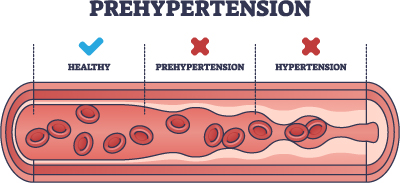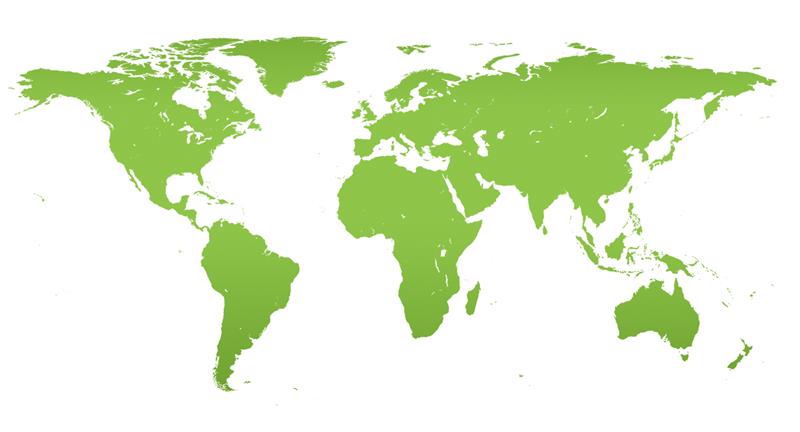Healing Hearts
A common reason my patients initially come to see me in the clinic is after receiving a new diagnosis of high blood pressure or high cholesterol. They are usually coming to ask about alternative options to medications for managing these conditions. While I can happily say I have successfully supported patients in managing these conditions with diet and lifestyle modifications, botanical and nutritional support, and stress-management tools like meditation and acupuncture. It is important to note that each case is different, and if you have been diagnosed with either of these conditions, please consult with your health-care practitioner on the best course of action. With that said, let’s take a closer look at heart health and high blood pressure and high cholesterol.
What Is High Blood Pressure and How Does That Impact the Heart?
To understand this, it helps to understand blood pressure. Blood pressure refers to the pressure of the blood in your arteries or the amount of force the blood in your arteries exerts on your artery walls. Your arteries are the blood vessels that receive blood from your heart and bring it out to the rest of your body. Therefore, blood pressure can be a helpful tool in understanding how much blood your heart is pumping and how well that blood is moving through your blood vessels.

Your blood pressure changes throughout the day quite a bit, depending on what you are doing. Your blood pressure may be high when you are active or exercising, and lower while you are relaxed or at rest. Higher blood pressure in itself is not necessarily a bad thing. For example, while exercising, it makes sense that your blood pressure would be higher, as your heart works a little harder to bring blood to your muscles. However, consistently high blood pressure can lead to issues down the road and might indicate that your heart is overworking. If your blood pressure remains consistently high, it’s a clear sign that you should explore why your heart is working so hard and find ways to support it.
What Is High Cholesterol, and Does That Impact the Heart Too?
I find a diagnosis of high cholesterol can sometimes lead patients to fear cholesterol and try their best to avoid it completely. They will refrain from eating anything that contains cholesterol. In this situation, like with blood pressure, it is important to recognize that cholesterol in itself is not a bad thing either. In fact, it plays very important roles in the body, such as maintaining the integrity of cells, making hormones and vitamin D, and even helping to digest fats. However, cholesterol comes in different forms and different sizes. When we start to see too many small cholesterol particles or low-density lipoprotein (LDL) cholesterol relative to bigger, high-density lipoprotein (HDL) cholesterol, it raises the concern of blocking the arteries, increasing blood pressure, and putting extra stress on the heart.
How Can a Naturopathic Doctor Help with These Conditions?
A naturopathic doctor (ND) will take the time to investigate these conditions with you. They will likely ask you about your food and nutrition. Questions like: What are you eating on a daily basis? How are you eating? Are you eating in a relaxed environment, or are you eating on the go? They will also probably ask about your lifestyle, especially when it comes to stress management. Questions like: How do you cope with stress? What brings you joy? They will ask about your exercise habits as well as sleep and digestion.

Together, you and your ND will identify which factors may be contributing to your high blood pressure or high cholesterol and come up with a plan to address the factors that can be changed. As you work to make diet and lifestyle changes, your ND may also make treatment suggestions such as botanical support, nutritional support, supplements, or acupuncture and monitor progress by regularly taking your blood pressure and reviewing blood work.
Research also demonstrates that diet and lifestyle changes [i] as well as specific foods like premium-quality olive oil [ii] and hibiscus tea [iii] can help support healthy cholesterol and blood-pressure levels.
If I Start Medications, Will I Have to Take Them Forever?
I have worked with patients where significant diet and lifestyle changes—coupled with extra support like teas or tinctures, acupuncture, and supplements—resulted in no longer needing blood-pressure or cholesterol medications. Here, it becomes important to work in tandem with a naturopathic doctor and a medical doctor that you trust to monitor blood work, blood pressure, and symptoms as you make medication changes.
Don’t Forget Gratitude!
Your heart is a wonderful organ that works hard to pump fresh oxygen, nutrients, and even immune support throughout your body. A great way to express gratitude is to care for your heart and offer it extra support during stressful periods.

Dr. Felicia Assenza, HBSc, ND
A Hamilton-based naturopathic doctor whose goal in every patient visit is to share the knowledge and experiences that she gained on her own journey.
drfeliciaassenzand.com
References
[i] Elmer, P.J., E. Obarzanek, W.M. Vollmer, D. Simons‑Morton, V.J. Stevens, D.R. Young, P.H. Lin, et al.; PREMIER Collaborative Research Group. “Effects of comprehensive lifestyle modification on diet, weight, physical fitness, and blood pressure control: 18‑month results of a randomized trial.” Annals of Internal Medicine, Vol. 144, No. 7 (2006): 485–495.
[ii] Covas, M.I. “Olive oil and the cardiovascular system.” Pharmacological Research, Vol. 55, No. 3 (2007): 175–186.
[iii] McKay, D.L., C.Y. Chen, E. Saltzman, and J.B. Blumberg. “Hibiscus sabdariffa L. tea (tisane) lowers blood pressure in prehypertensive and mildly hypertensive adults.” The Journal of Nutrition, Vol. 140, No. 2 (2010): 298–303.

